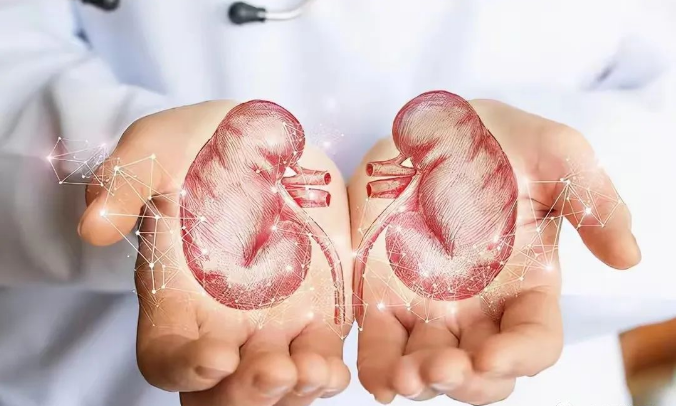Those who frequently boil water at home in kettles may have noticed the persistent issue of scale buildup, which can be challenging to clean. Many people wonder if consuming water with such scale over a long period could lead to the development of kidney stones.
Scale is formed when calcium and magnesium ions, naturally present in water along with alkalinity, react during the boiling process. The primary components of this scale are calcium carbonate and magnesium hydroxide. Water contains various minerals, with calcium and magnesium ions being the most abundant.
The concentration of these ions determines the water hardness; higher concentrations result in harder water, commonly referred to as “hard water.” When the water hardness exceeds approximately 200 mg/L, it can cause scale formation in water plants, distribution systems, pipelines, and kettles. Higher temperatures exacerbate scale accumulation, which is why it is more noticeable after boiling water.
Water with scale typically has higher hardness, but its main components—calcium carbonate and magnesium hydroxide—are common substances that are safe and do not pose a health risk. In fact, the World Health Organization (WHO) in its latest “Guidelines for Drinking-water Quality” clearly states that the concentrations found in drinking water are insufficient to impact health, hence no limit values are set. Currently, there is no evidence to suggest that hard water causes stones or other health issues. On the contrary, a diet low in fluids and high in meat can increase the risk of urinary system stones.
Hard water is harmless to humans; calcium and magnesium are essential elements, and many people’s intake of these minerals is below the recommended levels. In this sense, water with high hardness can supplement some minerals, although it is far from sufficient for daily needs. A balanced diet remains the best way to obtain the necessary minerals.
However, water prone to scale formation often tastes unpleasant, is difficult to clean, and can damage kettles. If you dislike such water, consider installing a water softener at home, or opt for purified or mineral water as alternatives.
